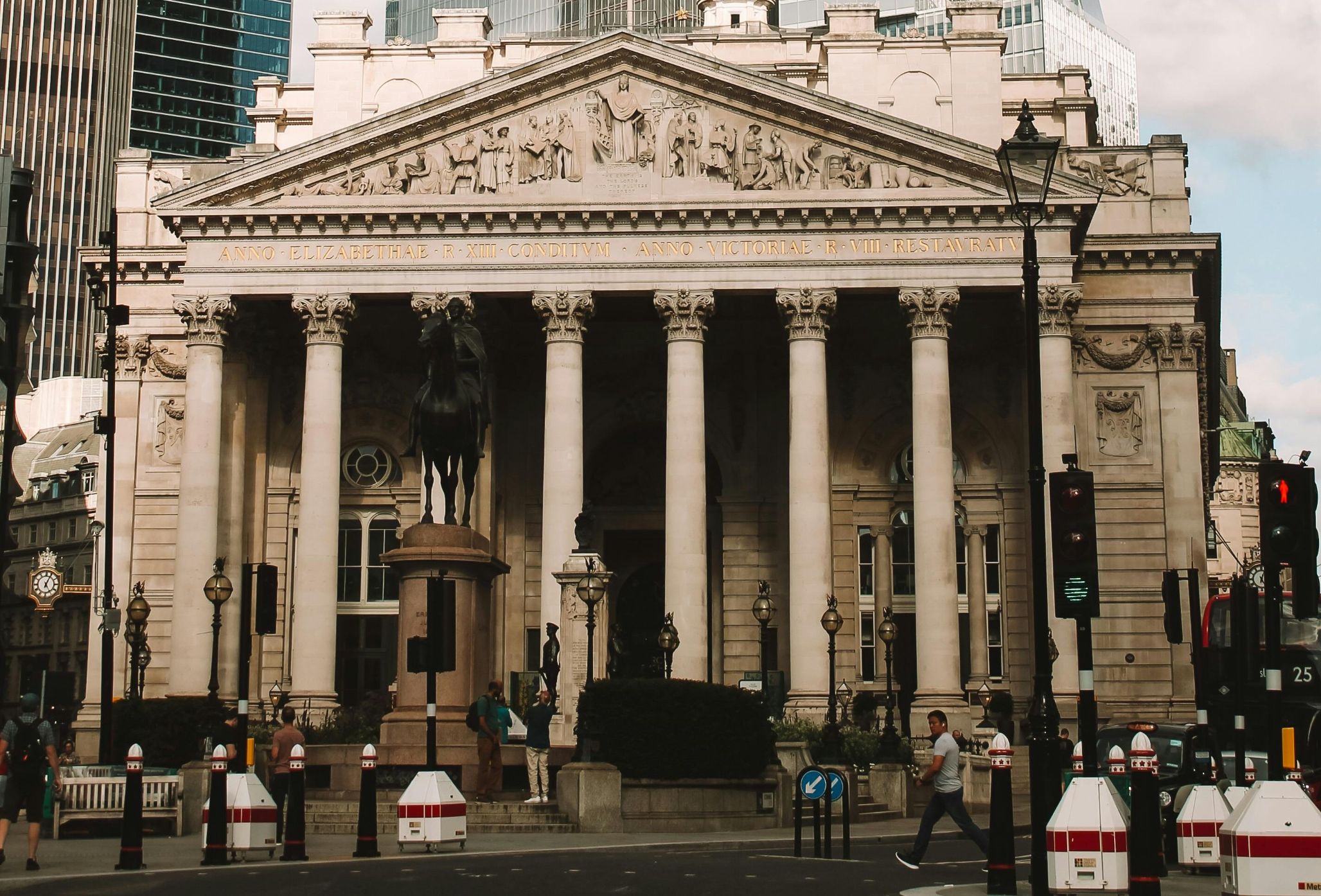General Dynamics (GD) Fundamental and Technical Stock Analysis: Can the Defence Prime Keep Outperforming?
$364.70
04 Mar 2026, 12:54

Pexels.com

Fears of an AI bubble bursting could trigger sharp corrections in global markets, with tech-heavy US indices most at risk
Rising Concerns Over AI-Driven Market Rally
The Bank of England (BoE) has issued a stark warning that global financial markets could face a “sharp correction” if investor sentiment around artificial intelligence (AI) turns negative. The alert forms part of the Bank’s latest Financial Stability Report, which also highlights broader risks tied to the independence of the US Federal Reserve and mounting political instability.
The BoE’s Financial Policy Committee (FPC) noted that while optimism surrounding AI has fuelled much of the recent stock market rally—particularly in the US—this sentiment may not be sustainable.
Kristalina Georgieva, Managing Director of the International Monetary Fund (IMF), echoed these concerns. She stated that investor expectations had reached levels reminiscent of the internet boom 25 years ago, warning of "vulnerabilities" that could impact global growth if valuations retreat sharply.
What’s Driving the Bubble Fears?
Multiple signals suggest that investors are preparing for a potential downturn:
Additionally, investors have grown uneasy about developments in US monetary policy, as political interference threatens the independence of the Federal Reserve.
UK Investors and Budget Implications
For UK investors, the situation poses both domestic and global risks. The BoE warned of potential “spillovers” into British markets, especially due to the strong correlation between UK gilt yields and US Treasury yields.
With borrowing costs already near multi-year highs, the threat of a market correction could:
Speculation: What Happens if the AI Bubble Pops?
If the AI enthusiasm collapses, markets could see significant valuation resets:
Key Takeaways for Investors
As the AI story unfolds, cautious optimism is warranted. While the transformative potential of AI remains high, the market's expectations may have run ahead of the reality—setting the stage for a correction that could reshape portfolios and policymaking globally.
Sources: (BBC.co.uk, SkyMoney.com)